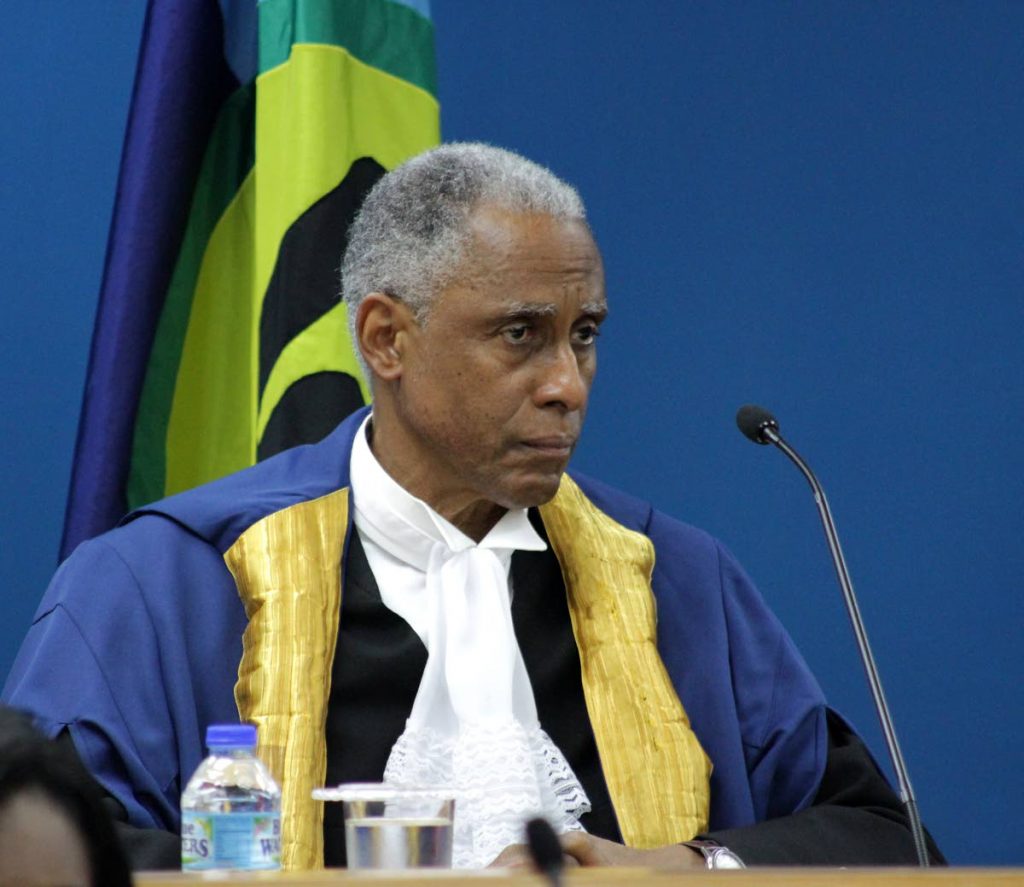Stalemate at the CCJ

THE Caribbean Court of Justice (CCJ) will in July hand down the consequential orders arising from its ruling last week which validated the no-confidence vote in Guyana last December.
Setting of the date comes after attorneys for Guyana’s Attorney General and its Opposition Leader said the parties could not arrive at a consensus on the way forward.
The CCJ – Guyana’s final appeal court – was expected yesterday to formalise the orders following its ruling on June 18.
However, at a post-judgment hearing at the Trinidad-based court yesterday, attorneys for Guyana’s AG and Opposition Leader said they were unable to meet and reach consensus on what should happen now that the court had ruled the December 21 no-confidence motion was properly passed with a vote of 33 members in the 65-seat National Assembly.
The Opposition’s motion succeeded because former government MP Charrandas Persaud controversially voted along with Opposition MPs on moral grounds.
CCJ president Justice Adrian Saunders expressed disappointment that the parties had not met for discussions and urged them to do so while also filing written submissions – no more than 20 pages long – by July 1, ahead of the court’s ruling on July 12.
The court’s directions came after Douglas Mendes, SC, lead counsel for Opposition Leader Bharrat Jagdeo, submitted that the Constitution was clear and prescribes the holding of elections within three months of the passage of the no-confidence motion by the assembly.
Mendes said elections ought to have been held by March 21, but since that could not be done because of the legal challenges elections should be held within three months of yesterday’s date, as provided by Guyana’s Constitution.
However, Guyana Elections Commission’s (GECOM) lead counsel Stanley Marcus, SC, said for “credible” elections to be held, the commission needs more time to do a house-to-house registration exercise and a new list will not be ready until December 25.
Guyana’s AG Basil Williams and his lead counsel Eamon Courtenay, SC, warned against the imposition of “coercive orders,” which would bypass the separation of powers, and direct the president to dissolve Parliament and set an election date.


Comments
"Stalemate at the CCJ"